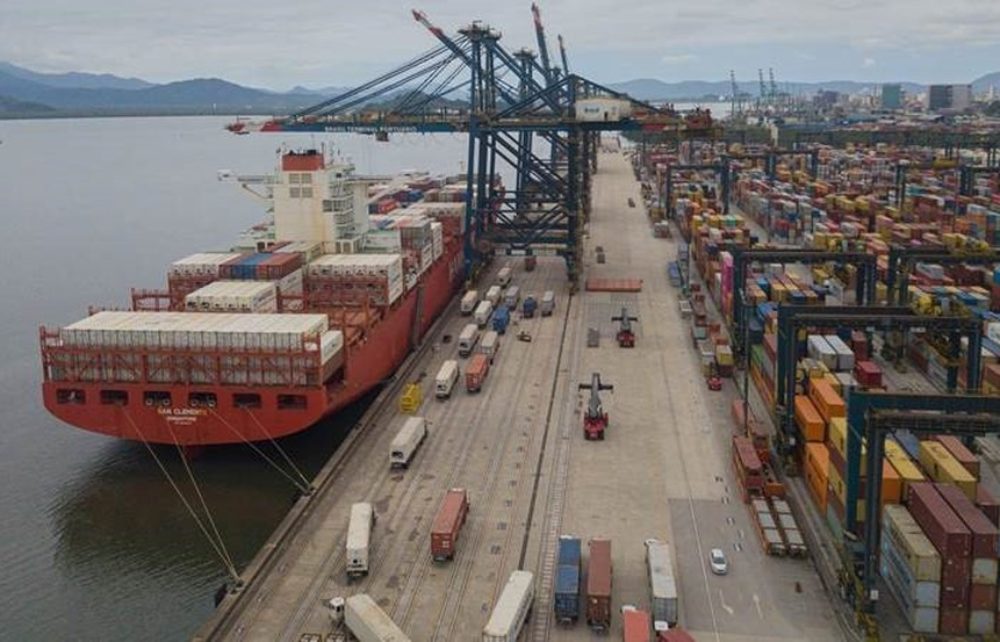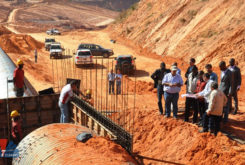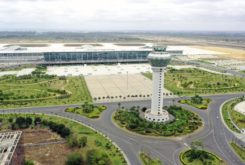Edited from Macau SAR, China, the new academic Handbook of Research on Special Economic Zones as Regional Development Enablers, is now available, including articles from nearly 40 different authors focusing on the experiences of China, Brazil, Nepal, ASEAN, African Countries, among others.
Published by IGI Global (US), the Handbook of Research on Special Economic Zones as Regional Development Enablers was edited by Prof. Francisco Leandro, Associate Dean at Institute for Research on Portuguese Speaking Countries at City University of Macau, and researchers Yichao Li and Paulo Guilherme Figueiredo.
Special economic zones (SEZs) are important doorways for countries to attract foreign investment and promote trade. A strong correlation between the creation of SEZs and economic development indicators has also been identified in previous studies, at the municipal level, in China.
China Creates New Free Trade Zone in Hunan Focusing on African Countries and Belt and Road
According to Julien Chaisse, Professor at City University of Hong Kong’s School of Law and President & Chairman, Asia Pacific FDI Network, “the years to come will likely see a greater role given to unilateral economic law and within in this new layer of global economic governance, SEZs will have a key function which makes this book an important one”.
“International investment globally has declined since 2016 and has collapsed as a consequence of the global pandemic in 2020 with diminished capital supply, increasing demands and competitiveness for foreign investments leading to contemporary sophistication in SEZs beyond the two traditional forms, Free Ports and the EPZs for promotion of foreign investment in financial services. In fact, globalization has been a topic of much concern after a series of economic, financial, political and health crises within the last decade and a half. Economic globalization from decline of global trade from 2012 as an aftermath of the global financial crisis of 2008 from its lasting effect is described as ‘de-globalization’”, he adds.
“Thus, in consideration of liberty, SEZs have relied upon encouraging trade and foreign investments, thereby forming a new arena of International Economic Law which I have called “unilateral economic law”, Prof. Chaisse writes in the foreword to the Handbook of Research on Special Economic Zones as Regional Development Enablers.
Handbook Special Economic Zones as Regional Development Enablers discusses the diverse and international track records in the implementation of SEZs, the interplay of SEZ models and local institutional infrastructure and stakeholders, and the SEZ models that can best fit certain development states and/or settings.
Covering topics such as the Belt and Road Initiative, local and national economies, regional integration, foreign direct investment, cultural and creative industries, and services, “this book is essential for government officials, development officers, scholars, students, researchers, entrepreneurs, public decision makers, aid agencies, company executives, investors, among others”, the authors say.




